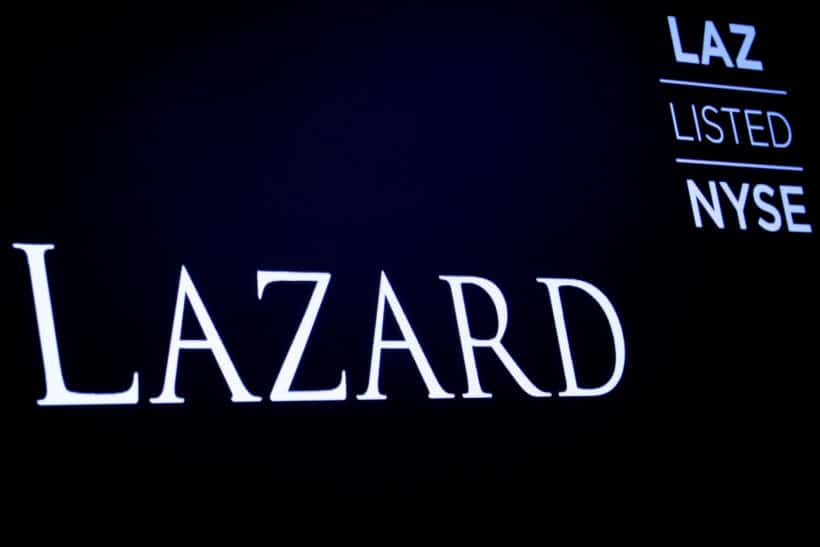
LONDON, Oct 3 (Reuters) – Countries going through a sovereign default need a debt rework mechanism that grants timely relief, even if that means finding a solution outside the G20’s programme, an executive at Lazard’s sovereign advisory team said.
As adviser to the governments of Ghana, Zambia and Sri Lanka, Lazard plays a key role in a number of critical debt restructurings at a time when emerging markets more widely face renewed pressure from growing debt burdens and rising global borrowing costs.
The G20 Common Framework – a mechanism designed to provide a swift and comprehensive debt overhaul to poor nations buckling under debt burdens after the COVID-19 shock – was launched by the G20 in late 2020. Zambia, Ghana and Ethiopia are currently reworking their debt under the programme, which has been widely criticised for slow progress that has left countries in limbo.
Meanwhile Sri Lanka, too wealthy to qualify for the framework, has seen comparatively swifter progress so far in its debt overhaul.
“If the choice is between three years in the Common Framework process or a year and a half in an ad-hoc process, I would much prefer the ad-hoc process,” Pierre Cailleteau, a managing director at Lazard, told Reuters in an interview.
“Clearly what matters for our government clients is to have in place a mechanism that really helps them strike a deal and move on,” he said.
Analysts have blamed in part the increase in the number of different creditors that debt-distressed countries now need to negotiate with, from Chinese policy and commercial banks, to international and in some cases local bondholders.
But countries signing up to the programme might have also overestimated the degree to which creditors and other parties in the process were aligned, said Cailleteau.
“The Common Framework was originally presented as if there was a full agreement behind it and a complete understanding of what it entailed. That I don’t think is true,” he said.
“From the beginning there were different interpretations, different degrees of commitment, different understanding of the rules that should apply.”
A number of efforts have been made to streamline and quicken debt restructuring proceedings. The Global Sovereign Debt Roundtable was launched late last year and held meetings in February, April and September.
Another meeting of the roundtable – which brings together official and private creditors as well as governments and international lenders such as the International Monetary Fund (IMF) – is scheduled for the World Bank IMF annual meeting in Morocco which kicks off next week.
While the Common Framework might eventually evolve to become that smooth and swift mechanism, in the interim a pragmatic but principled solution would have to be found to bring countries’ debt back to sustainable levels as prescribed by the IMF, Cailleteau said.
“That’s ok, even if it’s not under the aegis of the Common Framework.”
(Reporting by Jorgelina do Rosario, Karin Strohecker and Rachel Savage, editing by Susan Fenton)

